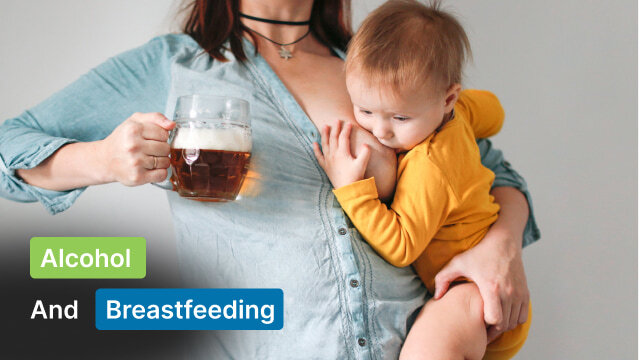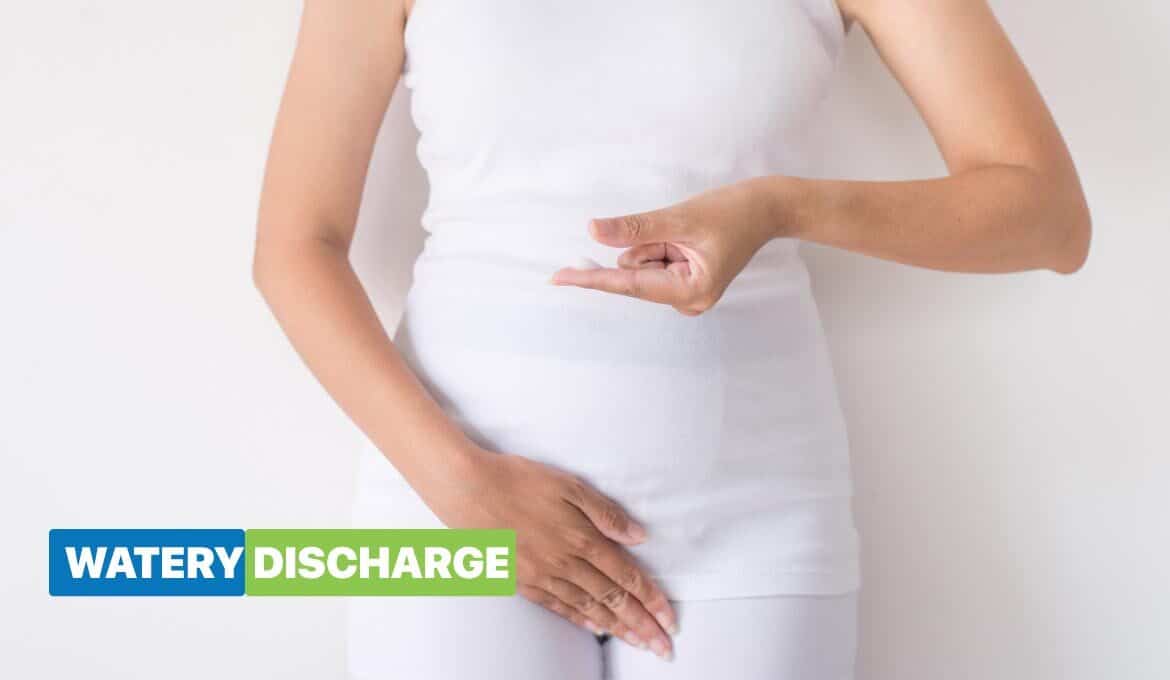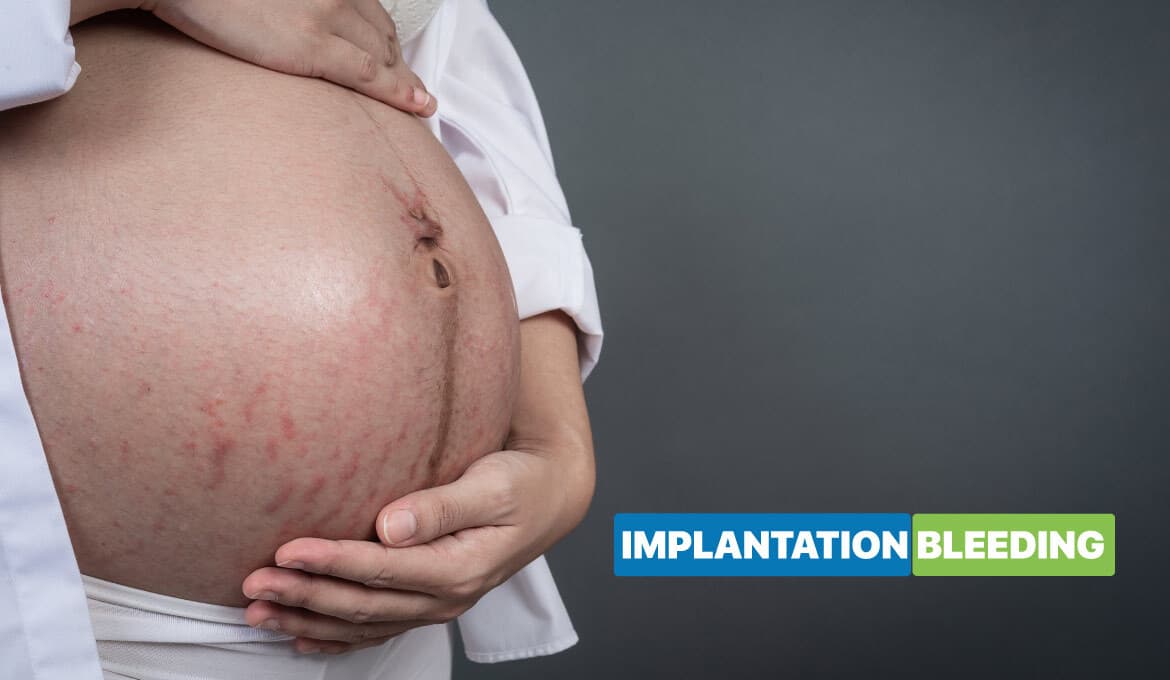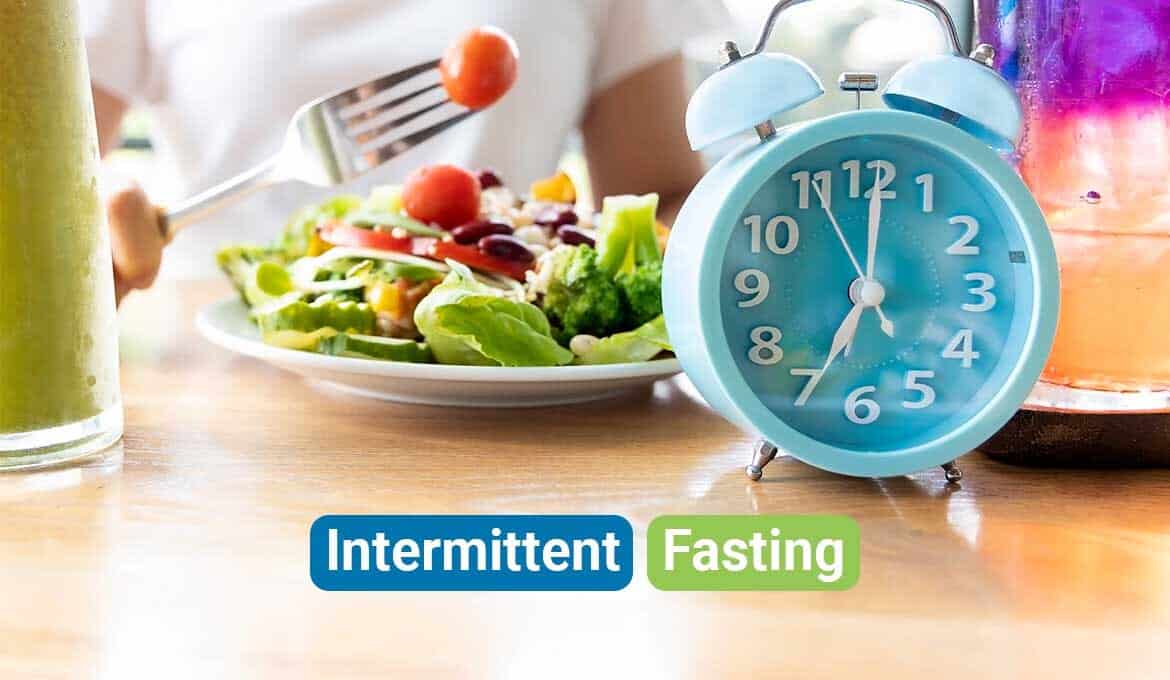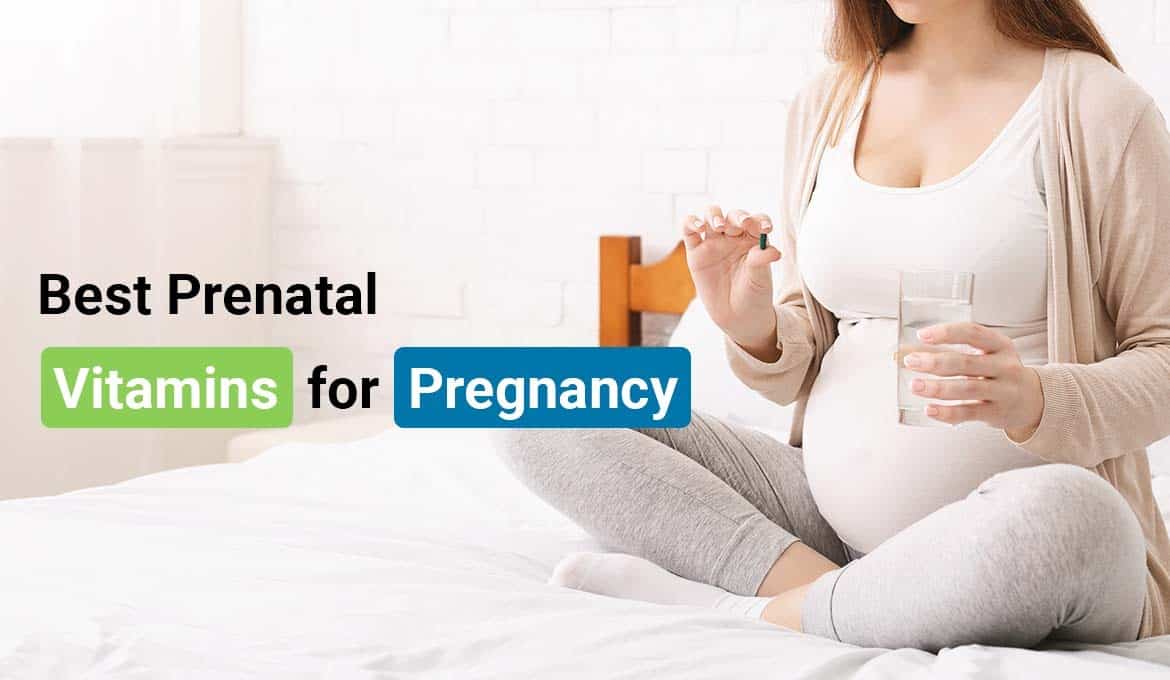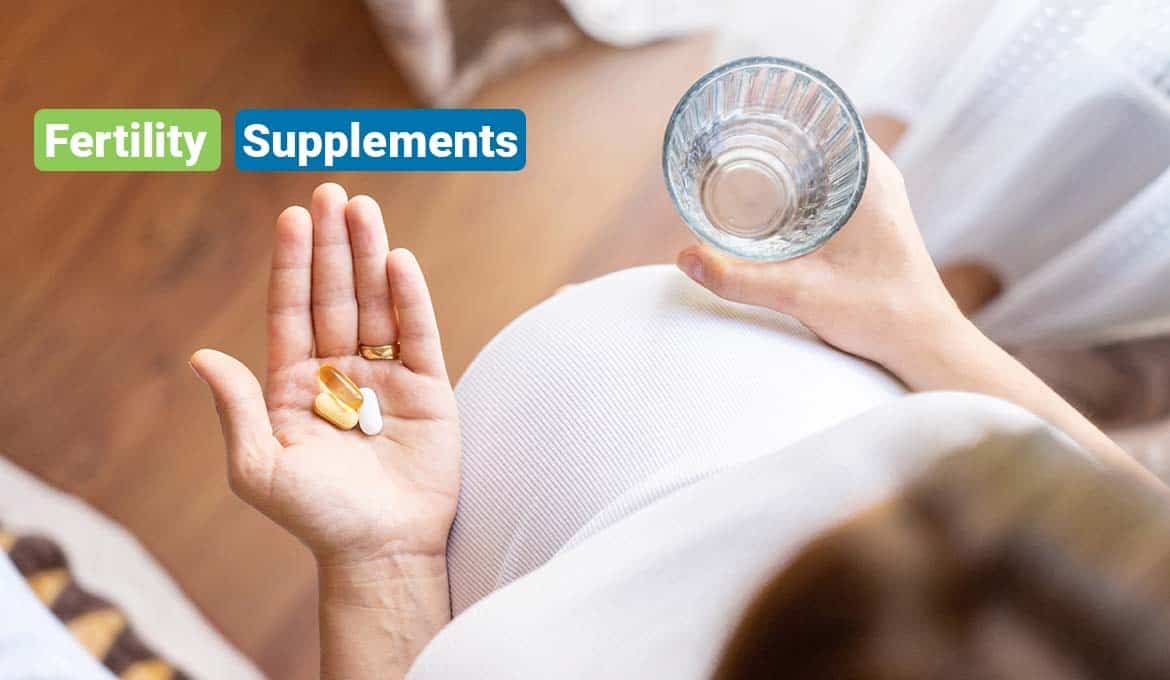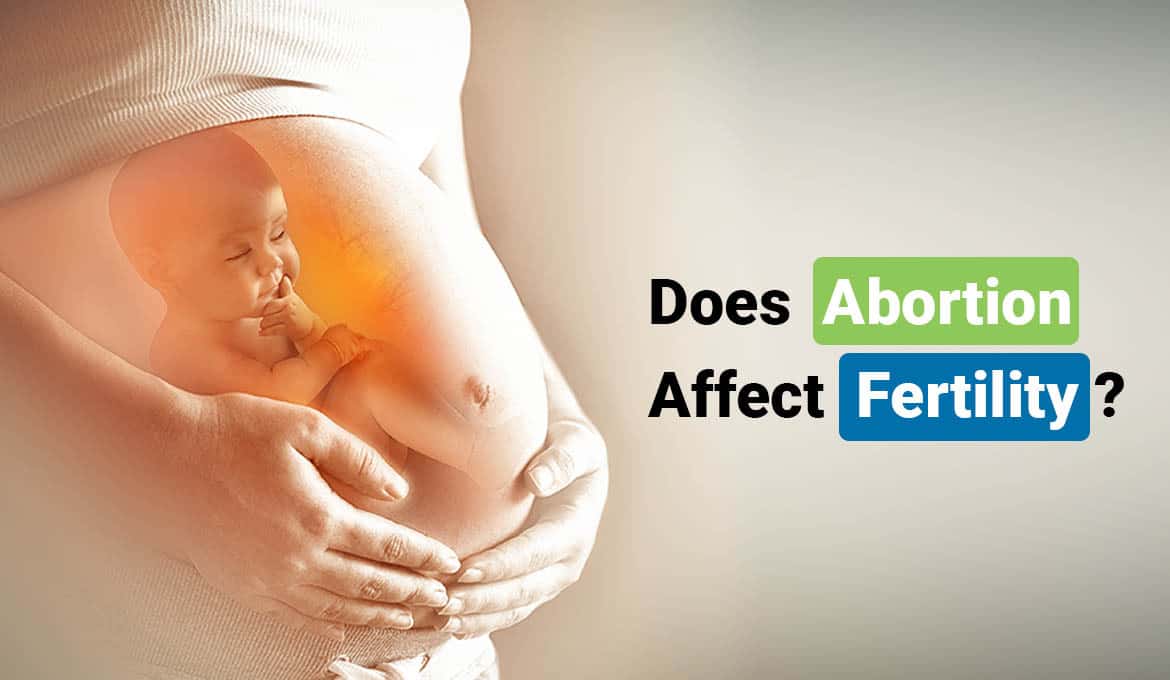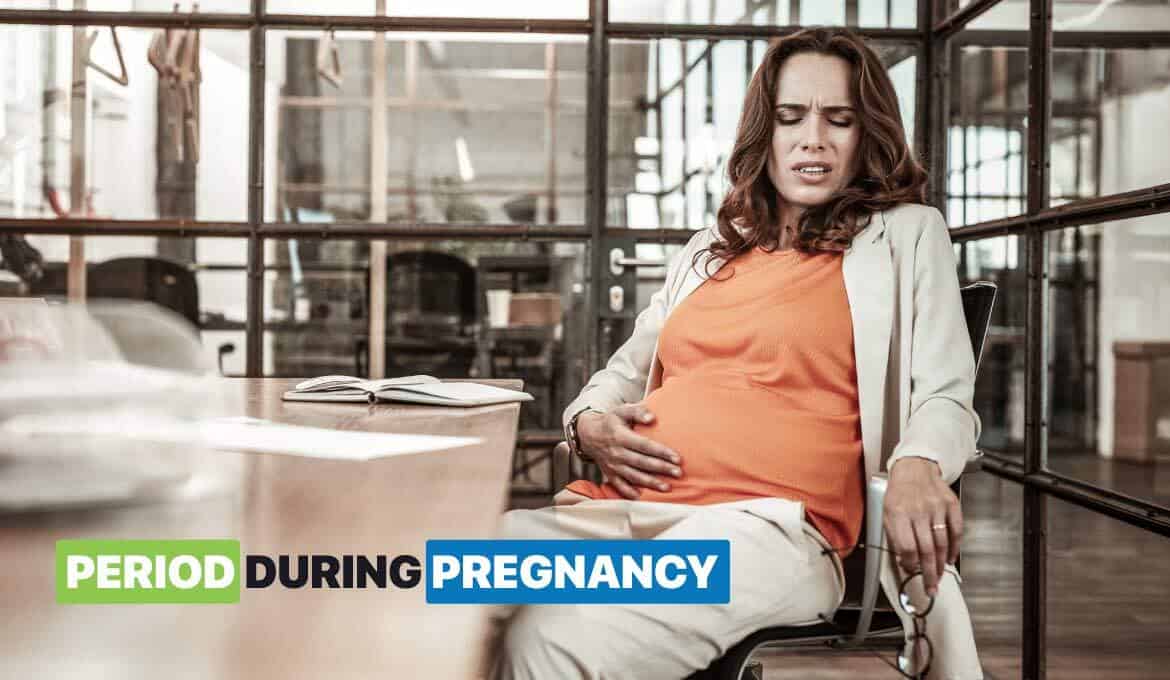
Can you get your period while you’re pregnant? Can women have vaginal bleeding during pregnancy? There are numerous questions women can have while they are pregnant, and it is absolutely normal!
The body of a woman changes significantly, especially during pregnancy. However, it is important to keep in mind that menstruation takes time only in the absence of pregnancy. And if you are experiencing unnatural “bleeding” then there can be various reasons for the same. Let’s discuss this in detail.
Period-Like Cramps While Pregnant
As a woman, we know that we experience cramps during our period, and yes, we experience the same during pregnancy too. This can happen due to the growth of the uterus in the 1st trimester or maybe implantation pain in early pregnancy.
Besides, some women reported having round ligament pain or Braxton Hicks contractions in the second trimester, and these felt like period-like cramps.
If your cramps become unbearable, you must consult your healthcare provider immediately. It is because it can be a serious issue for a pregnant lady, and there can be many reasons for the same.
Period-Like Bleeding While Pregnant
During the first trimester, some women can experience minor bleeding or spotting, which leads to only a few women. However, if you suffer from heavy bleeding during your pregnancy, it can be a sign of ectopic pregnancy, miscarriage, or some serious health conditions.
Causes of bleeding during the 1st Trimester
During the 1st trimester or early pregnancy, the causes of bleeding can be due to subchorionic hemorrhage, molar pregnancy, ectopic pregnancy implantation bleeding, carrying more than one baby, etc.
Now, let’s proceed to discuss the same in detail below:
i). Infection
Infection can be one of the causes of bleeding in the 1st trimester. This infection can be in the bladder, urinary tract, or in pelvic area. Thus, this can give rise to pink to red color bleeding or spotting.
On the other hand, the symptoms of these causes can include white discharge, burning while urinating, lower stomach pain, itching, and much more.
ii). Subchorionic Hemorrhage
When your placenta slightly detaches from the wall of the womb, then the condition is called subchorionic hemorrhage, which can vary in size.
Remember that in the first 20 weeks of pregnancy, a large subchorionic hemorrhage can increase the risk of miscarriage.
Besides, the symptoms of this condition can include cramping, lower stomach ache, pink to red color bleeding, light to heavy bleeding, etc.
iii). Molar Pregnancy
Molar pregnancy or “mole” happens when the placenta tissue grows abnormally, and the reason can be a genetic error during fertilization. As a result, pregnant women can suffer from miscarriage.
This pregnancy is rare yet serious, and complications can occur in 1 out of every 1000 pregnancies. The symptoms of this condition include vomiting, nausea, lower stomach pain, dark red to brown bleeding, etc.
iv). Ectopic Pregnancy
Another cause of bleeding in the 1st trimester can be due to ectopic pregnancy. This occurs when the fertilized egg mistakenly unites to the outside of the womb.
Mostly, this pregnancy lies in the fallopian tubes and affects only 2.5 percent of all pregnancies.
Besides, the symptoms of this pregnancy include rectal pressure, cramping, sharp waves of pain, light to heavy bleeding, etc.
v). Carrying More Than 1 Baby
Carrying more than 1 baby or twin increases the chances of bleeding due to causes like implantation bleeding, and this results in miscarriages.
In one of the studies, we found that more than three hundred pregnant women with twins from in-vitro fertilization found that they had healthy pregnancies, and first-trimester bleeding didn’t affect the child.
vi). Miscarriage
In the first trimester, heavy bleeding with unbearable pain directly links to miscarriage. Most women can’t prevent miscarriages, and there is nothing wrong with any individual. On the other hand, most women go on to have healthy pregnancies.
The symptoms of this pregnancy include passing clots of blood, severe cramping, sharp pain in the lower back, pain in the lower stomach, heavy vaginal bleeding, etc.
Causes of bleeding during the 2nd and 3rd Trimesters
If you are bleeding in your second and third trimesters, then the situation can be more serious, and you cannot neglect the same. Now, let’s discuss the causes of bleeding in this trimester.
i). Missed Abortion:
Without any signs, missed abortion or miscarriage can happen.
ii). Vasa Previa:
Some of the placenta’s blood vessels can go across the cervix.
iii). Placenta Previa:
The placenta is too low in the uterus and partly covers the cervix. Here, you will not experience pain in bleeding.
iv). Placenta Abruption:
During or before labor, the placenta detaches from the womb wall. This happens in just one percent of pregnant women.
v). Cervix Problems:
Inflammation or growths on the cervix can cause light bleeding and, thus, is not considered very serious.
Treatments
If you are bleeding in any of your trimesters, you can wear a pad until your doctor comes; this way, you can record the blood type. Besides, don’t have sex or use tampons while bleeding in your trimesters.
So, if the bleeding can cause some complications in your pregnancy, then your doctor can recommend medications such as:
- Misoprostol: It is used to end a complicated pregnancy in the first seven weeks.
- Methotrexate: This drug helps your body absorb harmful tissues.
At the same time, go for frequent health checkups and ensure no scarring or leftover tissue in your womb.
Conclusion
In some pregnancies, light bleeding or spotting can just be a normal part of early pregnancies. However, heavy bleeding or vaginal discomfort in pregnancy indicates something serious.
Don’t take stress in the trimester because it can make things worse. Just consult your doctor as soon as possible, and they will determine the cause of your blood loss.
Frequently Asked Questions (FAQs)
1. In which month does the period stop in pregnancy?
Ans: When you will be pregnant, you will no longer get your period. You will start producing pregnancy hormones naturally about seven days after fertilization.
2. Can you get your period and still be pregnant in the first month?
Ans: You cannot get your period while you are pregnant. However, you can experience bleeding or spotting for many other reasons.
3. What are the symptoms of pregnancy during periods?
Ans: Some of the common symptoms of pregnancy during periods include sore breasts, morning sickness, fatigue, frequent urination, missed periods, and much more.
Read Also:




